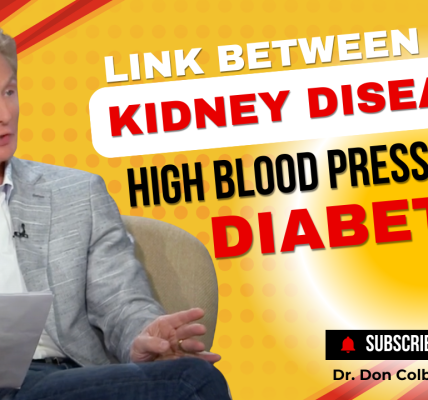The American Heart Association just published a report from scientists at Houston Methodist Hospital and two other institutions suggesting that popular drugs used to treat acid reflux disease may also raise your risk of heart problems.
Millions of Americans take proton pump inhibitors (PPIs) such as lansoprazole and omeprazole to treat a wide range of stomach disorders, including gastroesophageal reflux disease (GERD), infections by the ulcer causing Helicobacter pylori, Zollinger-Ellison syndrome and Barrett’s esophagus. The FDA estimates about 1 in 14 Americans have used them. In 2009 alone, PPIs were the third most used drug in the U.S., accounting for $13 billion in sales.
Previous Red Flags
Recent studies of PPI use among people with a history of severe cardiovascular events had already raised concerns. John Cooke, M.D., Ph.D., the study’s principal investigator, stated, “Our work is consistent with previous reports that PPIs may increase the risk of a second heart attack in people that have been hospitalized with an acute coronary syndrome. Patients taking PPIs may wish to speak to their doctors about switching to another drug to protect their stomachs, if they are at risk for a heart attack.”
This is the first time researchers have shown that PPIs might cause heart problems by constricting blood vessels in people with no previous history of heart problems. Here’s how it happens. After oral consumption, PPIs are activated by specialized cells in the stomach. Once activated, the molecules suppress the movement of protons into the intestine. This reduces the amount of acid present in the stomach and intestines. That’s a good thing for people with acid reflux, but it’s not the end of the story.
Decreases Nitric Oxide
In mouse models and cultures of human endothelial cells, researchers found that PPIs suppressed the enzyme DDAH (dimethylarginine dimethylaminohydrolase). That caused an increase in the blood levels of ADMA (asymmetric dimethylarginine). ADMA, in turn, suppressed the production of another chemical, nitric oxide. In 1998 three scientists won the Nobel Prize for showing how nitric oxide impacts cardiovascular function. Their research showed animals fed PPIs were more likely than other animals to have tense and restricted blood vessels.
“We found that PPIs interfere with the ability of blood vessels to relax,” said Ghebremariam, a Houston Methodist molecular biologist. “PPIs have this adverse effect by reducing the ability of human blood vessels to generate nitric oxide. Nitric oxide generated by the lining of the vessel is known to relax, and to protect, arteries and veins.”
Significant Impact
How significant is the impact? The researchers found PPIs led to an approximately 25 percent increase in ADMA in mouse and human tissue cultures. They reduced the ability of mouse blood vessels to relax by over 30 percent on average. Bottom line is this. If taken regularly, PPIs could lead to cardiovascular problems such as hypertension and a weakened heart. The scientists are calling for a broader, large scale study to determine just how dangerous PPIs might actually be for humans. Dr. Cooke stated, “The surprising effect that PPIs may impair vascular health needs further investigation.”
Sources:
http://www.sciencedaily.com/releases/2013/07/130710114225.htm
http://www.methodisthealth.com/methodist.cfm?xyzpdqabc=0&id=495&action=detail&ref=1064















